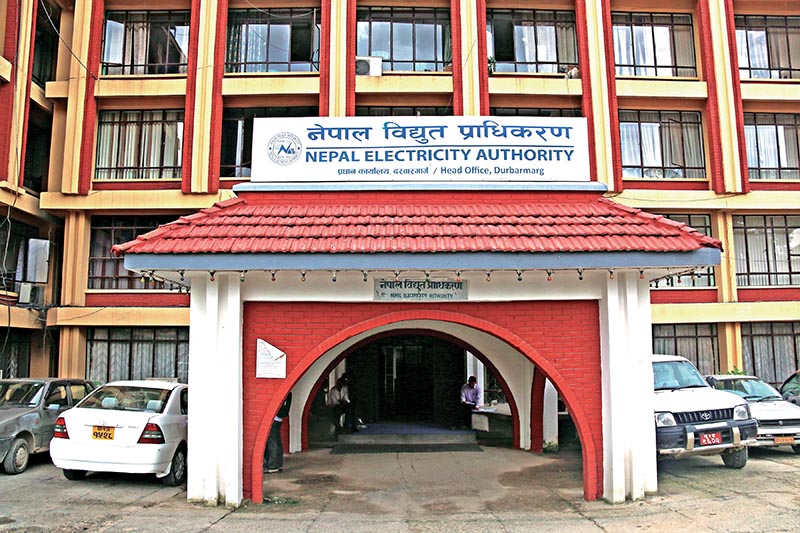NEA proposes power tariff reduction for households
Kathmandu, January 28
In a bid to ramp up electricity consumption, Nepal Electricity Authority has prepared a draft ‘consumer tariff rate’ reducing power tariff levied on households.
This is the first time that the power utility has proposed a tariff rate aimed at encouraging household consumption in contrast to its earlier policy targeting minimum use of electricity.
Stating that while the per unit rate of electricity rises along with the quantum of consumption at present, the draft has proposed reducing the rate as consumption increases, informed Prabal Adhikari, spokesperson for NEA.
As per the existing tariff rate, general consumers pay five rupees per unit for consuming up to 20 units. The rate shoots up to Rs 13 per unit for consumers of above 400 units. The proposed draft hikes the rate for minimum consumption of up to 20 units to Rs 11.5, but the rate drops to three rupees per unit for consumption of over 400 units.
According to Adhikari, NEA has also proposed not to impose service charge for consumption of less than 20 units per month. NEA charges three rupees per unit as service fee.
The draft was tabled at the NEA board a month ago and it will be approved in the next board meeting,scheduled towards the end of the week.
“Following a go-ahead from the board, we will forward the draft to Nepal Electricity Regulatory Commission for final approval,” he added.
Earlier, Minister of Energy, Water Resources and Irrigation Barsha Man Pun had announced that the government was preparing to remove the subsidy provided to consumers of liquefied petroleum gas and to transfer that amount to provide subsidy on electricity from the next fiscal. In this regard, the government is preparing to provide 10 units electricity free per month for those who only use up to 20 units a month.
As per NEA data, more than two million households consume less than 20 units per month, while one million households only consume 10 units of electricity a month.
The NEA board has already signed off the proposal to lower tariff rates for dedicated and trunk lines. While such consumers are currently charged 65 per cent above the normal tariff, the new proposal has reduced the rates by a whopping 50 percentage points to only 15 per cent above the general tariff. The proposal is currently being studied at the NERC.






